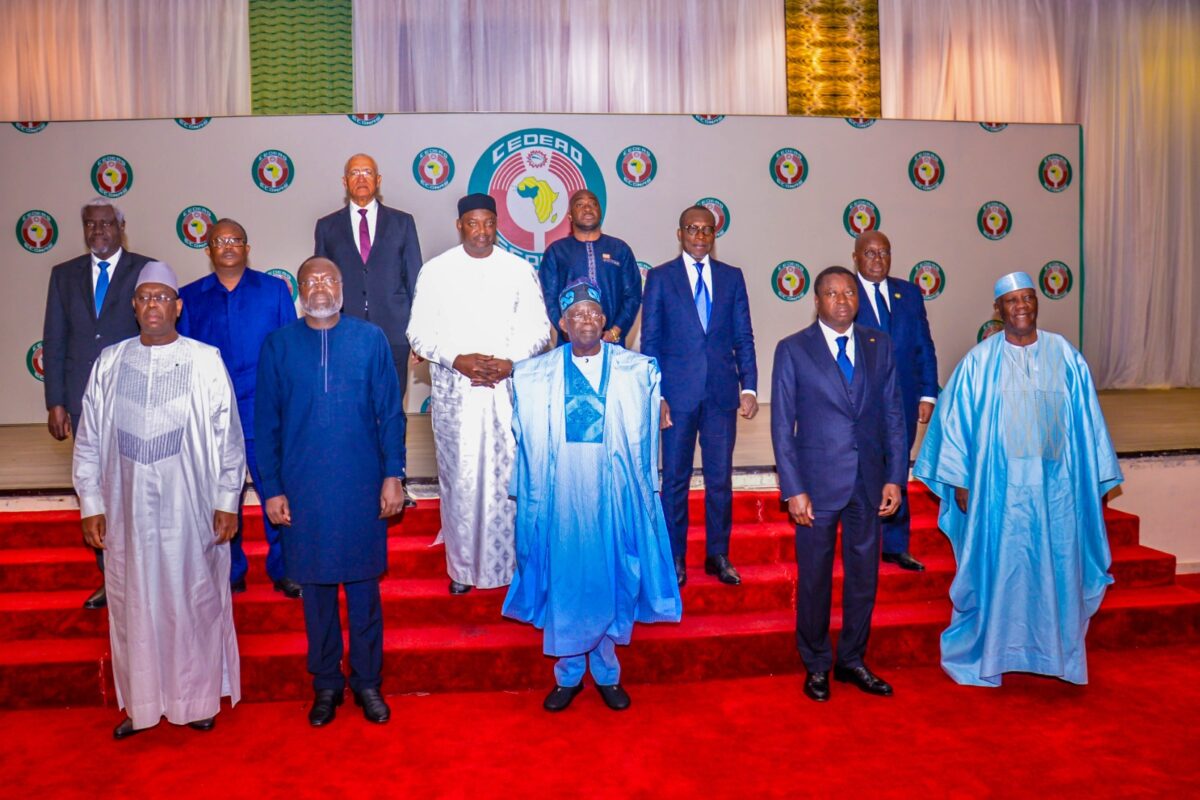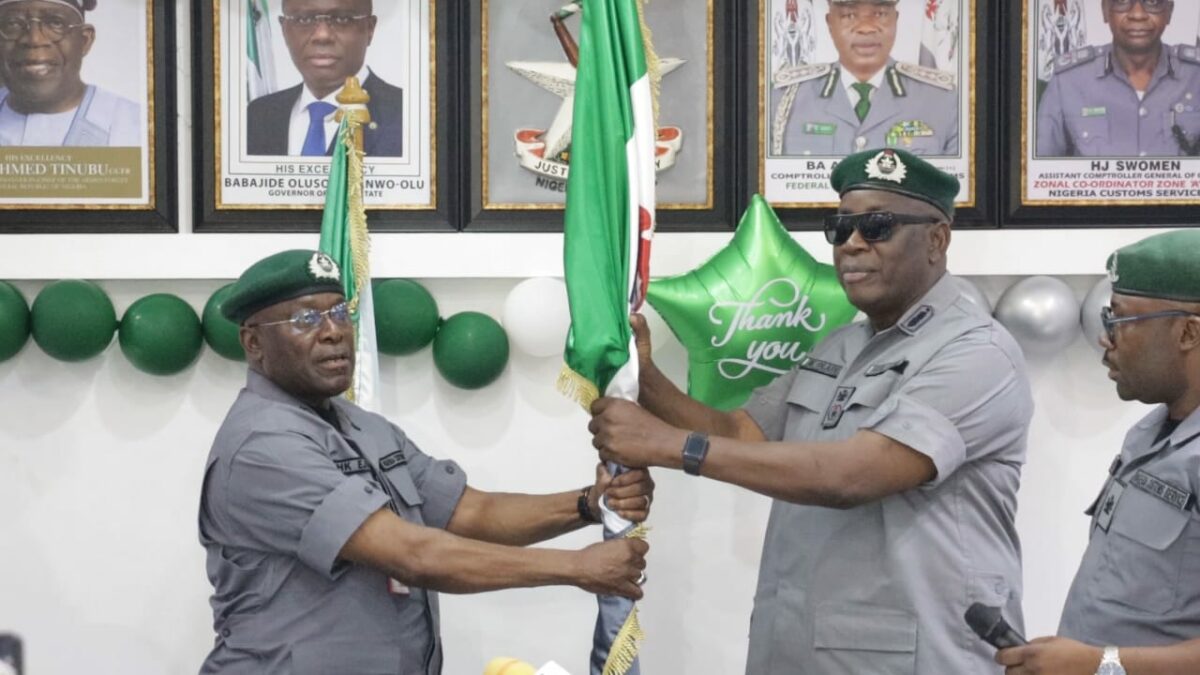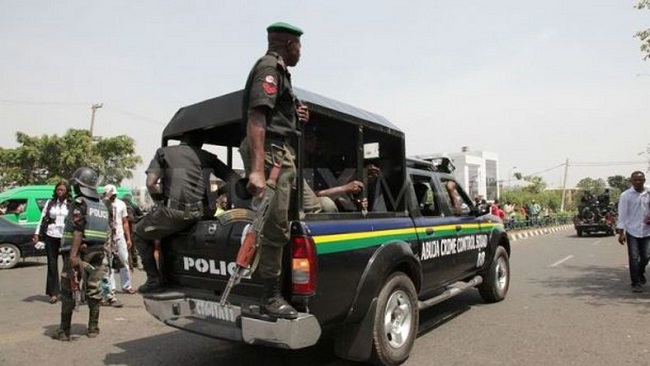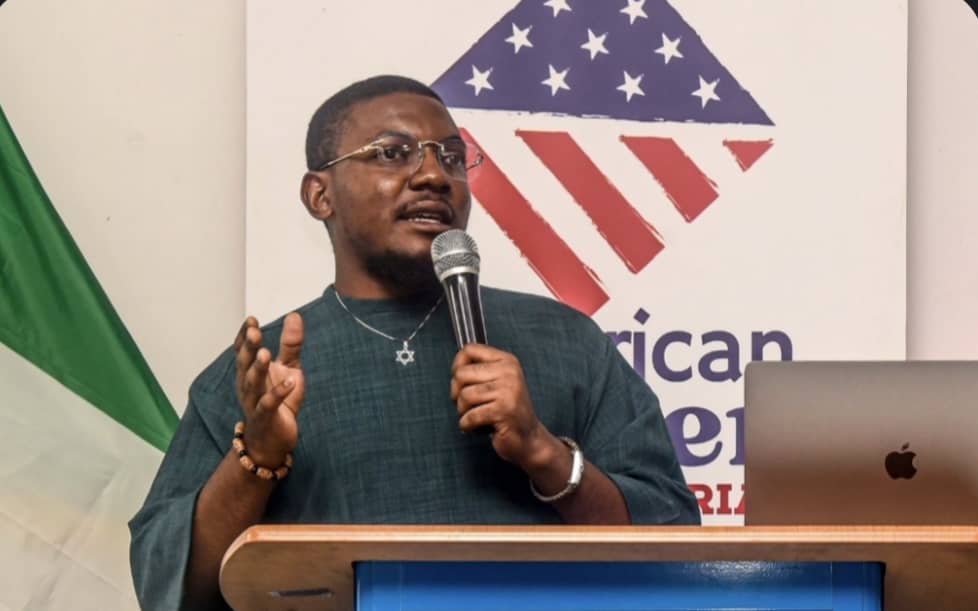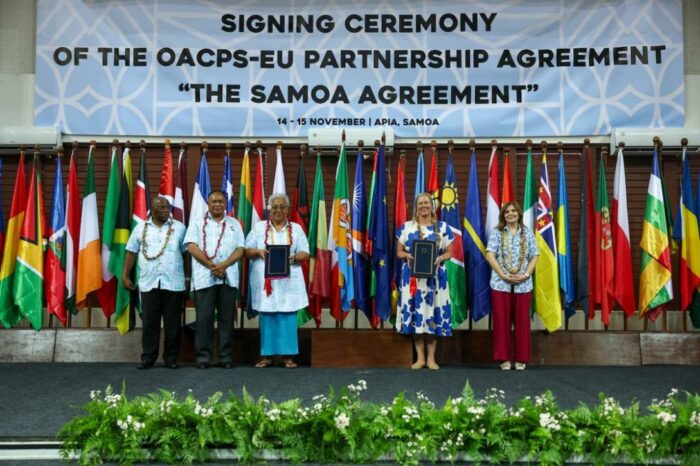Following the military overthrow of the democratic government of Niger’s President Mohamed Bazoum by soldiers, there have been some debates on the possible role of the Economic Community of West African States (ECOWAS) in restoring normalcy.
At the centre of ECOWAS peace moves is Nigeria, being a regional power and current chair of the community. Under the chairmanship of President Bola Tinubu of Nigeria, ECOWAS has firmly opposed the disruption of the democratic order in Niger.
The body has approved a number of sanctions against Niger under the current military junta and warned that failure of the new government led by Abdourahmane Tchiani to hand over power to the ousted president in one week will prompt it to apply military force. Tinubu hosted an ECOWAS extraordinary meeting in Abuja on Sunday, where the resolutions were adopted.
Knowing that Nigerian troops will play a key role in any ECOWAS military intervention, citizens have been calling for caution. But not many seem to know what must be done before the Nigerian president can deploy soldiers for such a mission.
PROVISIONS OF THE CONSTITUTION
Section 5 (4) of the 1999 constitution spells out the conditions under which the president could mobilise the country’s armed forces to fight in a foreign battle.
(4) Notwithstanding the foregoing provisions of this section –
(a) the president shall not declare a state of war between the Federation and another country except with the sanction of a resolution of both Houses of the National Assembly sitting in a joint session;
(b) except with the prior approval of the Senate, no member of the armed forces of the Federation shall be deployed on combat duty outside Nigeria.
Subsection 5 of the same main section provides a conditional ground upon which the president could make an executive decision of sending the country’s soldiers to foreign combat.
(5) Notwithstanding the provisions of subsection 4 of this section, the president; in consultation with the National Defence Council, may deploy members of the armed forces of the Federation on a limited combat duty outside Nigeria if he is satisfied that the national security is under imminent threat or danger;
Provided that the president shall, within seven days of actual combat engagement, seek the consent of the Senate and the Senate shall thereafter give or refuse the said consent within fourteen days.
It is apt to draw attention to the democratic crisis that erupted in The Gambia in 2017. At the time, former President Muhammadu Buhari sent a military contingent of 200 officers to The Gambia as part of ECOWAS’ efforts to quench the instability that resulted from the failure of Yahaya Jammeh to yield power to the elected President Adama Barrow.
The Nigerian combatants joined troops from other ECOWAS member states to restore order to the country.
However, the Nigerian Senate berated the president at the time, insisting that Nigeria was not at war with any nation and there was no reason for the president to mobilise its military structure without first obtaining a legislative approval.
Commenting on the application of the relevant provisions, Ebi Robert, a lawyer, contended that it is unconstitutional for the president to bypass the national assembly in deploying Nigerian troops to any war in a foreign country.
“Deployment of the Nigeria military outside Nigeria for combat purposes must be with the prior approval of the Senate. Both houses need not give approval,” Robert told FIJ.
“With respect to the declaration of war, a resolution of the National Assembly must be reached. That is to say both the House of the Representatives and the Senate must give a resolution in a joint session.
READ ALSO: He Foiled a Coup Two Years Ago. Who Is Abdourahmane Tchiani, Niger’s New Head of State?
“In a matter of urgency (imminent threat), where the approval may not be quickly obtained, the president may deploy the military outside Nigeria, in so far as the national security of Nigeria is at stake, subject however to a proposed approval within 7 days of the deployment, which may be approved or refused within 14 days.”
On the whole, President Tinubu will need an express approval of the Senate before sending Nigerian armed forces to participate in any battle outside Nigeria if the situation arises. Nigeria’s national security is not at stake in this case, but that of Niger.
Subscribe
Be the first to receive special investigative reports and features in your inbox.


